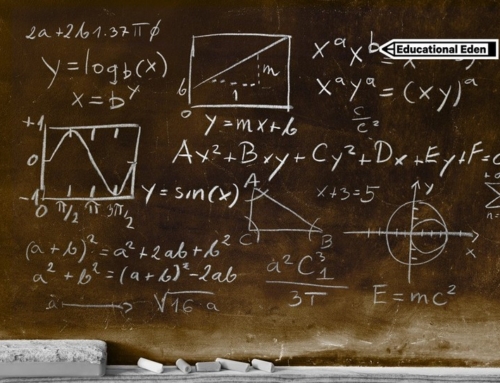Up to 40 per cent of current Australian jobs could disappear within the next 10 to 15 years as robots and computers continue their unstoppable advance.
They have already replaced humans in workplaces such as factories, supermarkets and airline check-in counters.
Now white-collar professions are under threat.
Hugh Durrant-Whyte, director at the Centre for Translational Data Science at the University of Sydney, said technology was taking on middle-class professions once thought safe from automation — professions such as law, accountancy and banking.
“We always used to think of automation as moving everybody up,” he said.
“The big difference now is machine learning and artificial intelligence are solving jobs that we thought traditionally were very highly qualified jobs … it’s eating out the middle of the job market, rather than the bottom end.”
Media player: “Space” to play, “M” to mute, “left” and “right” to seek.
The change is presenting the education system with a real challenge.
Schools and universities are churning out students with qualifications for jobs that may well not exist, instead of giving them the skills they need to tackle jobs not yet created.
The full-time employment rate for new graduates is now under 70 per cent, the lowest rate in more than 30 years.
Jan Owen, chief executive of the Foundation for Young Australians, said the education industry needed to change fast.
“We’ve had incredible education in this country, but there is no-one that genuinely really thinks it’s fit for purpose now and into the future, at high school or at higher
“So there is significant disruption coming around how young people learn, what they learn and then how that’s going to be applied throughout the course of their lifetime.”
Can we future-proof the next generation?
Many Australian classrooms are still built around the idea of “chalk and talk”.
However some educators and youth advocates are urging schools to focus more on technical and social skills and the ability to “create and collaborate” to solve real life problems and better prepare children for the work of the future.
Primary school students in Adelaide have been learning computer coding by programming a little robot to perform.
Media player: “Space” to play, “M” to mute, “left” and “right” to seek.
The schools of the future might be a bit more like the Australian Science and Mathematics School, where students do not study single subjects but instead work together to create marketable solutions to real-life problems.
“They need to know how to learn because we don’t know what it is they’re going to need to learn,” Professor Glenys Thompson, the school’s deputy principal, said.
A growing number of concerned parents are also taking matters into their own hands, taking their children to digital literacy classes.
Computer coding groups like CoderDojo offer kids training in writing code and programming robots — skills many parents and children say are not being taught at school.
“I believe that coding is the next layer of literacy,” CoderDojo teacher Ben Liquete said.
Media player: “Space” to play, “M” to mute, “left” and “right” to seek.
Future jobs might look like this
Ben Simons is the master of big data at the cutting-edge Data Arena at Sydney’s University of Technology.
The arena takes incomprehensibly vast amounts of information and turns them into an immersive 3D display.
For this display, Mr Simons sorts through 36 million stars to find a handful of rare young ones which may hold secrets to the origins of the universe.
However, he has already used his digital literacy to develop a long and varied career, which has included being visual effects chief on the animated movie, Happy Feet Two.
Media player: “Space” to play, “M” to mute, “left” and “right” to seek.
The safest jobs need a human touch
The jobs most at risk of computerisation are those that include routine, repeatable tasks or transactions that can be handled online — roles which can be performed by people such as telemarketers, accountants, lawyers, retail sales and real-estate agents.
The skills and professions that are safe from automation are those that are highly skilled and creative or require a human touch — roles filled by nurses, baristas, beauticians, physical therapists, dentists, personal trainers and firefighters, among others.
Many educators argue Australia must act now to change the way its children learn, or risk them sleep-walking into a world of work they are not ready for.
“We do know that digital skills are going to be one of the most sought after skills in the new work (sic) order,” Ms Owen said.
“We could start working with 12-year-olds today. By the time they’ve done six years of high school and they’re 18, we could genuinely have changed their trajectory if we focused on some of these education changes that need to happen and set them up — and Australia up — for a very different future.”
Read the full article at: www.abc.net.au






